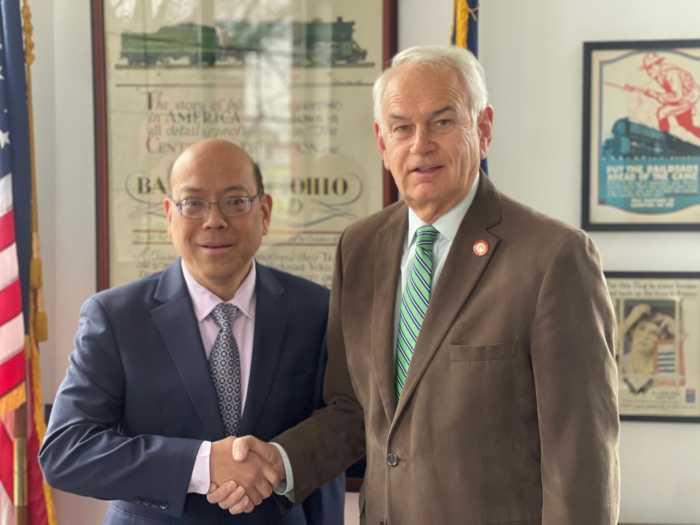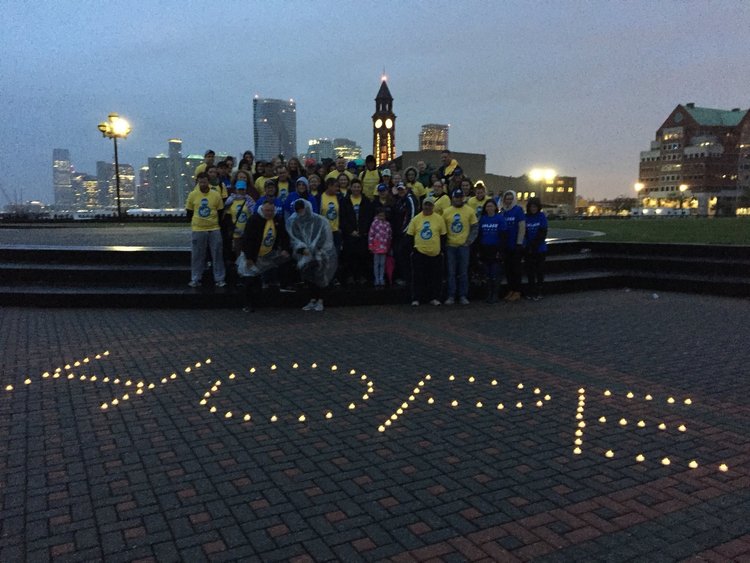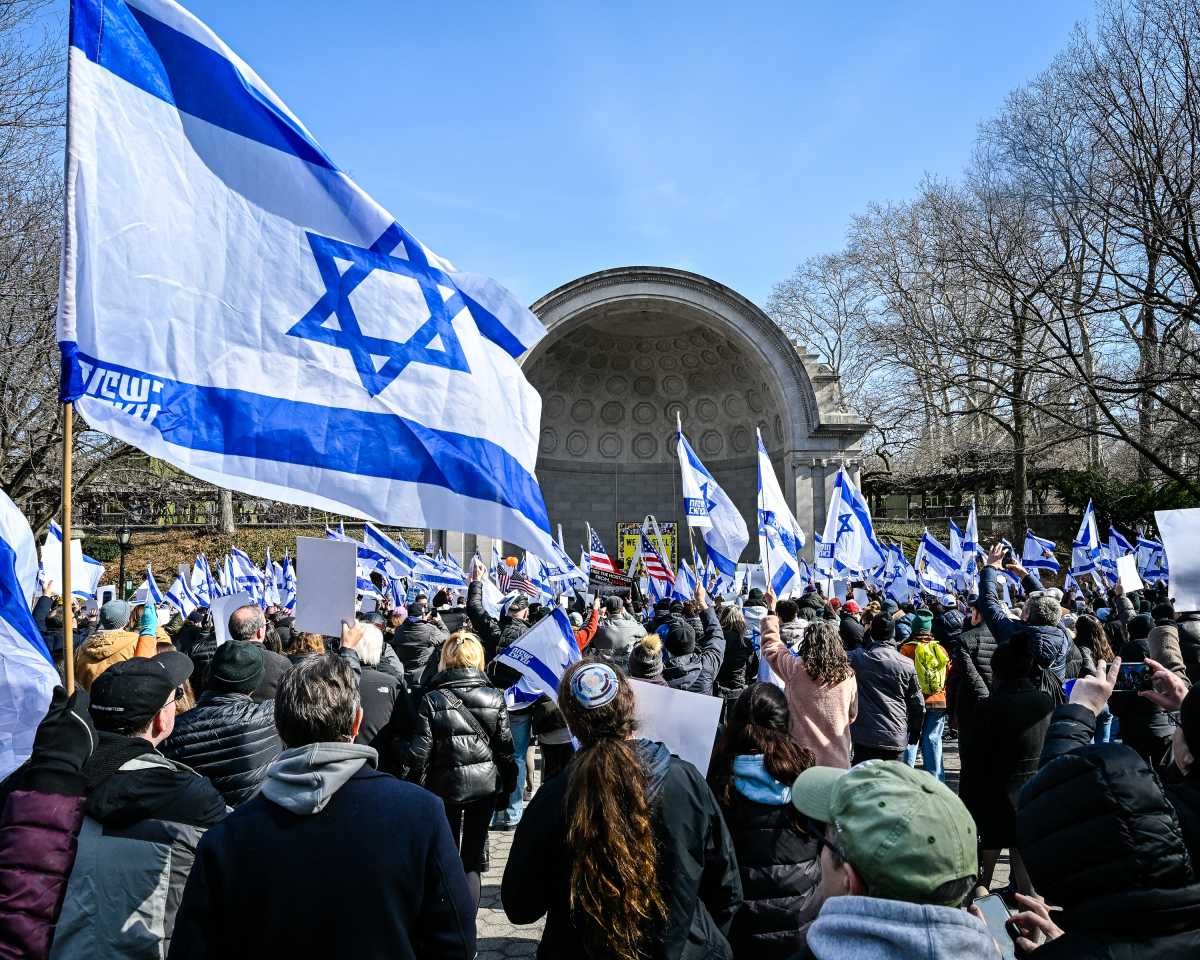By Alex Robinson
Leaders of key Jewish and Korean-American organizations gathered at Queensborough Community College Monday night to bridge the gap between their cultures.
U.S. Rep. Grace Meng (D-Flushing) hosted a panel discussion at the Kupferberg Holocaust Resource Center on the Bayside college’s campus, at 222-05 56th Ave.
“Whether we’re talking about foreign issues, or whether we’re talking about local issues that are important to our families, there are a lot of commonalities,” Meng said. “Tonight is just a one-time event, but I really hope it’s an opportunity for us to meet new people, collaborate and to work together to make this country a better place to live for our children.”
The fact that both communities suffered through atrocities committed during World War II created a unique bond and understanding between the two, panelists said.
“I express my gratitude to this wonderful community. We are people who should be brothers and who should work hand-in-hand,” said Rabbi Moshe Faskowitz, of the Torah Center of Hillcrest. “We have shared so much struggle. We all know what suffering is. Dialogues like this will make it very clear there are more than commonalities that we share.”
Faskowitz said he felt a deep respect for the Asian community because his parents, who had fled occupied Poland in 1941, found refuge in Japan and China while the Holocaust raged in Europe.
During that time, Korean women were forced to serve as sex slaves inside “comfort stations” for officers in the Japanese army. Hundreds of thousands of young women and girls were forced into slavery and the Japanese government has never apologized for the atrocity.
“There are many survivors who testified what they suffered at the comfort stations from Japanese soldiers,” said Dong Chan Kim, president of advocacy group Korean American Civic Empowerment. “However, Japan is continuing to deny. Japan should accept their responsibilities of their past war crimes.”
In addition to the fact their cultures both suffered crimes during the same historic period, panelists found there were common issues and concerns both communities face, including government relations, safety and social services. A lack of culturally sensitive social services, such as kosher meals on wheels for Jewish seniors, is an issue both communities have to deal with.
“Only by sitting down at the same table, looking at the same issues together, understanding we have deep bonds of commonality and strength, can we begin to solve some of these problems,” said Rabbi Rob Kaplan, of the Jewish Community Relations Council. “The issues before us are common and only by building communities together will we be able to deal with this.”
Both communities also share worries about nuclear threats from North Korea and Iran, panelists said.
Panelists concluded that only through educating the youth will cultural differences overcome and problems be solved.
The speakers were also joined by Ambassador Se-Joo Son, the consul general of South Korea, who stressed the importance of dialogue between the two communities and hailed the work being done at the Kupferberg Holocaust Resource Center.
Reach reporter Alex Robinson by e-mail at arobinson@cnglocal.com or by phone at 718-260-4566.
































